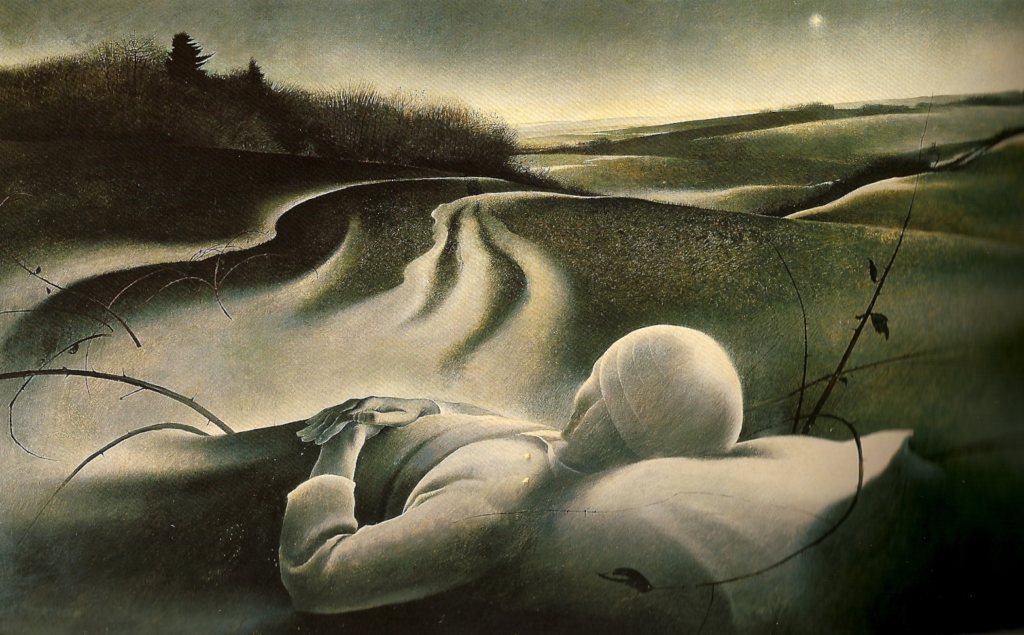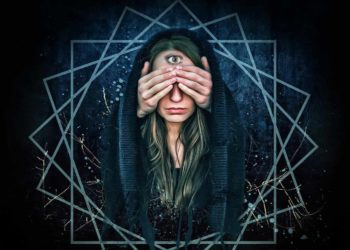Let’s play a game of two truths and one lie. Here we go:
I am engaged
I am in contact with a dead person
I lost three people
Which is the lie?
For the past couple of months, I have been in a state of crippling numbness. People often think the antithesis of happiness is sadness or depression. But no, it’s numbness. Sadness and depression are terrible, but numbness? It’s different. It’s like the Outlands in Lion King or the Outworld in Mortal Kombat.
Arid, desolate, and devoid of any hope.
The good thing about numbness is that it is very active. You do a lot, but you cannot bring yourself to care about anything. Everything is done almost unconsciously. You go through the motions without feeling anything. It’s a bit like getting in a tub of hot water but feeling nothing as the soap-sluiced warm water runs through your skin. Your body gets clean, but your mind and sense organs do not take part in that cleansing.

In this mental state, I have tried writing many blog posts. Twelve, to be exact. However, all my efforts end with a long press of the backspace key. I do not care sufficiently about anything to create anything. I can’t say at which point I tiptoed into this state; at which point smiling became a perfunctory stretch of tired lips and not a reflection of happiness. However, if asked to guess, I’d say it was with the first person I lost this year.
On March 12th, I remember feeling happy. The day before was my mother’s birthday. As I wished her a happy birthday on the crackly video call, her face shone with carefully contained happiness. We started talking about birthdays. I realized I didn’t know one of her brother’s birthdays. I asked her when it was. As my mom is terrible with dates—and famously forgets even her own birthday—I was not surprised when she gave me a ballpark date. I wanted to text and ask my uncle when his birthday was, but I postponed it.
‘Let Mom’s birthday pass, godi.’ I thought, backspacing the text. ‘I’ll ask him on the 13th.’
On the evening of March 12th, I got a distraction call from my younger brother. A distraction call is a strange call characterized by running around the bush and plucking fruits for good measure. The person brings up funny and sometimes weird things to distract you from impending bad news. This was the second time in my life receiving this call. The first was when my father died. The happiness in my heart curdled.
‘Emma, what is it? Did anyone die? You know I hate suspense. Just tell me.’
There was a metallic silence on the other end. My heart started to race. I heard my mom’s voice in the background. I couldn’t make out the words, but her voice was pockmarked with hurt.
‘Emma?’ I called again.
‘Uncle Stephen is dead.’
The air suddenly felt like whiplash. My head felt too big, and my body too small. Though we are vaguely aware that our parents and their peers are growing old, we ascribe a certain immortality to them. Like the sturdy soursop tree in my father’s compound or the hills at Coal Camp, these people have been a huge and concrete part of our life and childhood. Imagining life without them seems almost sinful. But here I was in the middle of traffic, living that reality.
‘UCHE?’
I realized he had been calling me for a while. A car honks as it zings past me. I dash into the pedestrian lane.
‘What?’ I heard myself say.
‘Are you ok?’ he asked, concern fuzzing his voice.
‘Ke ihe ilo? What do you think?’
That metallic silence again.
‘Give mom the phone.’
‘Uche. How’re you?’ My mother’s voice sounded like cracked leather. ‘You’ve seen what life did to us.’ By the time the call ended, I felt like a coconut that had been hollowed out while still on the tree.
A month later, I was in a pub when I got another call from my elder brother this time. When my dad died, the two of us had a simple agreement: no distraction calls, just rip it off.
‘Uche, Uncle Joe is dead.’
The sounds of merriment around me died, and the people coalesced into an enormous, eye-tingling blur. I sat in this island of pain, unsure of what to do. When my shift ended four hours later, the pain had become a universal numbness.
Oodles of posts have been written about giving people their flowers while they are alive. Although I am fighting a blood urge to backspace this post because I believe people should have gotten the message now, I will continue writing.
Give.People.Their.Flowers.While.They.Are.Still.Alive
It doesn’t matter how many posts you write when they are dead or how many tears you cry. The dead have no ears. All they have are memories.

Memories are such beautiful things. Like fireflies trapped in glass, with memories, we get to relive beautiful experiences many years down the line. To take other people through this journey too. As I sat on the church pews listening to my cousin read a tribute to her father, I was happy about one thing: my uncle may be gone, but he went with the memory that he was loved. Each funny and heartfelt experience my cousin Stella read in that quiet church defined the profundity of her—and her siblings’—love for their father.
We always talk about making an impact and positively affecting the world, but nothing trumps making an impact and affecting the internal and external world of your family and friends. My uncles were not world-famous, but they famously and positively affected the worlds of their loved ones. Although I felt a stab of pain as my Uncle’s white coffin was wheeled away some hours later, I found peace because he had lived a full life filled with love and good memories.
Over the course of weeks, I have heard about other deaths, people I had seen not too long ago, suddenly gone. Some days, I wish I could live in my memories. But life doesn’t work that way now, does it? So my mind settles for the next best thing: numbness. That way, I don’t have to remember them decaying in a small box and wonder if spirits get claustrophobic. Working in healthcare and seeing people struggle to do basic things we take for granted doesn’t help matters. Watching as air becomes pain when it gets in someone’s lungs or the delicious relief of peeing becoming excruciation when someone has an infected bladder. Or the worst, hearing that yet another patient had let go of the lifeline and having a quiet voice whisper, ‘It is the debt we, including you, all owe.
It’s a lot. It is draining, mind-numbing, and petrifying.
A couple of days ago, while trying to call my mom, I mistakenly called my dad’s line instead. I cut the call when I saw the words Daddy on the screen. My Dad’s been dead for five years, nine months, and seventeen days. A very familiar pain stitched through my chest. Out of curiosity, I typed in those numbers my fingers knew so well and redialed the number. As the line hummed, I thought about what I would say if I heard my dad picked the call.
How’re you doing?
What’s there—wherever there is—like?
Do you hurt when you think about us, or is that just a living thing?
Can we take excursions to that side? Or is it like a one-way thing?
It suddenly hit me: I had nothing to say or ask. All I wanted was to sit in comfortable silence with him one last time. And in this moment, as the phone hummed, I could pretend I had that. When the call cut, I lay on my bed staring unseeingly at the white ceiling, that humming echoing in my head. For the first time in months, I felt that numbness crack and sadness threaten to spill out. I forced it back in. I had a night shift in two hours; this wasn’t the time to feel bad about life.
To read more reflections from me, check out Happiness is a Special Plate. For movie reviews, check out Five Lessons for Humanity: Review of Spirited Away (2001)







